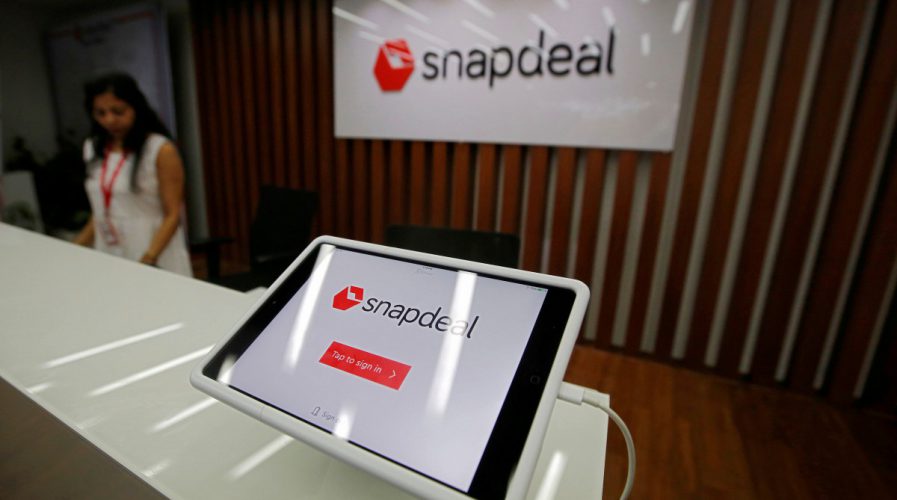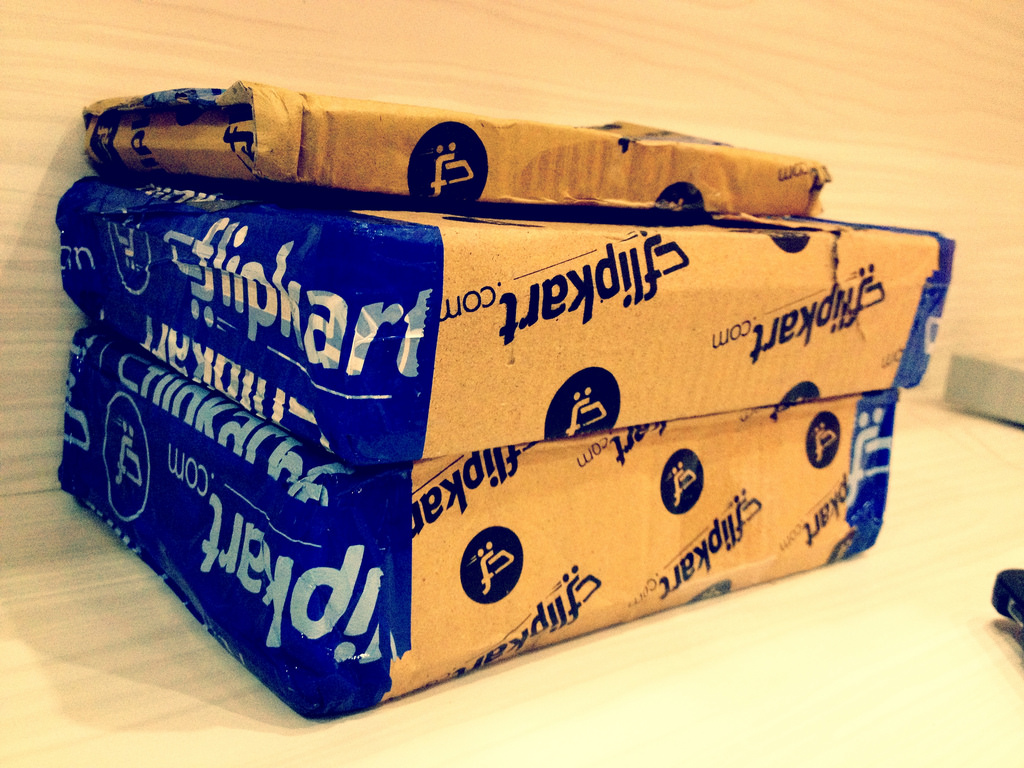
Snapdeal’s founders and early investors are worried over the effect of the merger on their rights and it looks like their concerns have shattered the deal’s potential. Source: Reuters
Snapdeal merger talks with Flipkart fall apart
THE planned acquisition of Snapdeal by Flipkart has fallen to shambles, according to sources familiar with the matter, thus bringing to a close a long-running saga that has kept India’s e-commerce watchers on edge since negotiations began last April.
Acquisition talks with Flipkart called off. Snapdeal is apparently very good at Snapping the Deal.
— Madhavan Narayanan (@madversity) July 31, 2017
#Snapdeal terminates talks for merger with #Flipkart; says will pursue an independent path.
— Press Trust of India (@PTI_News) July 31, 2017
The Business Standard reported that talks were called off, confirmed by a Snapdeal spokesperson, who said that the company will now be looking to “pursue an independent path”. The talks have been plagued by quiet disagreement between the two sides, especially on the part of Snapdeal’s founders who are reportedly concerned over the terms of the buy-out and payments to them and their early investors.
BS reports that the deal largely fell through because of the founders’ ability to reap some cash from its recent sale of Freecharge, its digital wallet, to Axis Bank. The sale will hopefully provide the capital the two founders need to keep control of their company and boost Snapdeal market share.
Breaking: Snapdeal Flipkart merger talks officially off. Here's the official statement. pic.twitter.com/Oq1jUcZJN2
— Chandra R. Srikanth (@chandrarsrikant) July 31, 2017
The company has also sold off its online wallet, Freecharge, to Axis Bank for US$60 million with the hopes of raising enough capital to stay afloat through this difficult period of time. That extra padding significantly impacted the founders’ willingness to sell their business, likely leading to the collapse of the tentative accord between the two e-commerce rivals.
Snapdeal might also be shooting themselves in the foot, as their investor Softbank, who was keen on a merger with Flipkart (and vocal about it), will likely end their relationship with Snapdeal before investing directly in Flipkart on their own.
SEE ALSO: Flipkart offers $950m to buy up rival Snapdeal
“Supporting entrepreneurs and their vision and aspirations are at the heart of Masayoshi Son’s and SoftBank’s investment philosophy,” said a Softbank spokesperson to BS.
“As such, we respect the decision to pursue an independent strategy. We look forward to the results of the Snapdeal 2.0 strategy, and to remaining invested in the vibrant Indian e-commerce space.”
Snapdeal’s founders, Kunal Bahl and Rohit Bansal, had previously spoken out about their concerns that their rights and shares over the company, as well as those of their early investors such as Nexus Venture Partner and PremjiInvest, could stand to lose out should a merger go through.

A customer’s parcels delivered by Flipkart. Source: Flickr/Samrat Mazumdar
Whether or not being vocal about those concerns was a good thing is an open question: the company is facing a serious cash crunch as well as internal bickering between the company’s major investors. After conciliatory talks, the three parties (Softbank, Kalaari Capital, and Nexus) agreed to plan the sale of the company. The failure to reach a deal could prove fatal to a company at odds with itself, where its employees are wondering about their and the company’s future.
For now, Snapdeal can only move forward with its contingency plan to shift Snapdeal away from its selective merchant-centric platform to a Taobao-like open marketplace that could hopefully lure more users.
SEE ALSO: India: Snapdeal’s investors plan sale of company plagued by cash crunch
“In addition, with the sale of certain non-core assets, Snapdeal is expected to be financially self-sustainable,” said a source to BS.
“We look forward to the support of our community, including employees, sellers, buyers and other stakeholders in helping us create a designed-for-India commerce platform.”
On the part of Flipkart, they had imposed a handful of demands on the founders and shareholders that reportedly made everyone “uncomfortable”, and led to the eventual delay and end of negotiations. By all appearances, Flipkart wanted as many defences as possible against any potential trouble Snapdeal’s poor financial circumstances might cause.
“There are a lot of non-standard clauses that Flipkart wants the Snapdeal board to agree on,” said a Snapdeal source to BS.
READ MORE
- The criticality of endpoint management in cybersecurity and operations
- Ethical AI: The renewed importance of safeguarding data and customer privacy in Generative AI applications
- How Japan balances AI-driven opportunities with cybersecurity needs
- Deploying SASE: Benchmarking your approach
- Insurance everywhere all at once: the digital transformation of the APAC insurance industry
